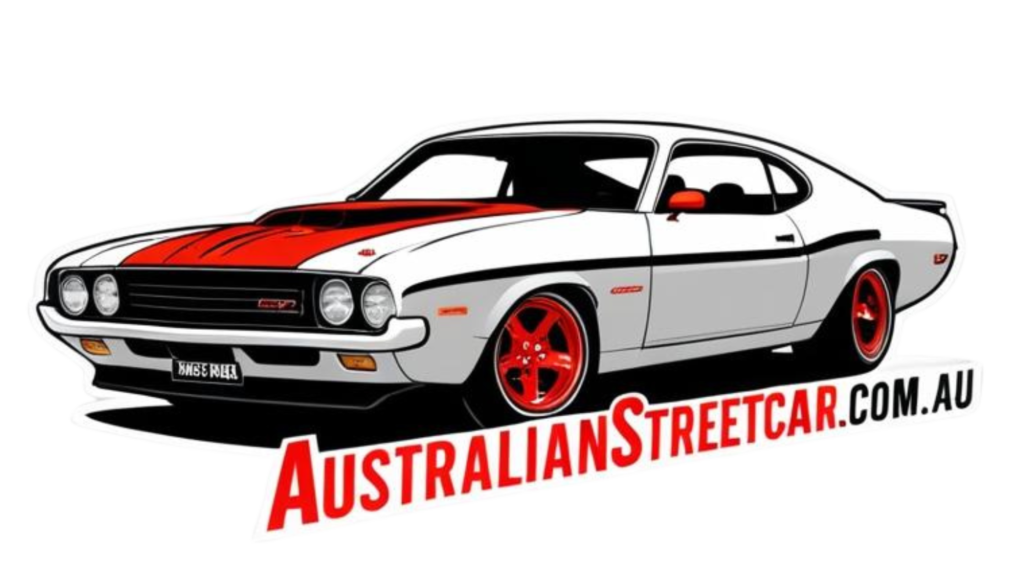Land Rover, a brand steeped in a rich history of off-road prowess and rugged durability, is undergoing a significant transformation that has left many enthusiasts feeling nostalgic for its traditional roots. The evolution of Land Rover, particularly with the introduction of models like the Range Rover and the redesigned Defender, reflects a strategic shift towards a more upscale and modern image.
While Land Rover’s recent lineup boasts luxurious and capable vehicles, such as the Range Rover and the successful new Defender, some longtime fans are lamenting the departure from the brand’s original ethos of simplicity and utility. The new Defender, while technologically advanced and comfortable, has moved away from its iconic predecessor’s rugged charm, catering more to the luxury SUV market.
Land Rover’s decision to phase out the ‘Land Rover’ brand in favor of emphasizing individual model families like Range Rover, Defender, and Discovery signals a departure from its heritage. This move aims to streamline the brand’s messaging and highlight the strengths of each model independently. However, some critics argue that this shift risks diluting Land Rover’s distinctive legacy and innovative spirit.
As the automotive industry embraces electrification and innovation, brands with strong historical ties are leveraging their heritage to maintain relevance and appeal. Land Rover’s Classic Works program, dedicated to preserving and restoring vintage models, underscores the importance of honoring the brand’s iconic past amidst a rapidly changing landscape.
While Land Rover’s strategic repositioning may align with evolving market trends and consumer preferences, it raises questions about the brand’s identity and core values. The decision to discontinue the original Defender, a beloved symbol of rugged versatility, in favor of a more refined and upscale direction reflects a broader industry shift towards luxury and technology-driven vehicles.
Despite the brand’s evolution and pursuit of a more premium image, some enthusiasts fear that Land Rover risks losing touch with its authentic heritage and unique appeal. The transition towards a more upscale market positioning may alienate traditionalists who value Land Rover’s legacy of durability, simplicity, and off-road capability.
As Land Rover navigates this transformative phase and redefines its brand identity, it faces the challenge of balancing innovation and tradition. The legacy of Land Rover, rooted in the iconic ‘green oval’ badge and a legacy of pioneering off-road vehicles, remains a cornerstone of the brand’s heritage and legacy.
While the automotive landscape continues to evolve, Land Rover’s journey towards a more luxurious and modern image underscores the complex interplay between tradition and innovation in shaping the future of iconic brands. The enduring legacy of Land Rover, spanning decades of innovation and adventure, remains a testament to the brand’s enduring influence in the automotive world.
📰 Related Articles
- Vienna’s Evolution: From Tradition to Modern Cultural Hub
- The Hoxton, Florence: Historic Charm Meets Modern Luxury
- Soy Evolution in Taiwan: From Tradition to Modern Culinary Delights
- Oslo’s Sommerro Hotel: Art Deco Luxury Meets Modern Elegance
- Mercedes-AMG and Maybach: Luxury Evolution and Brand Distinction
📚Book Titles
- Sound of Seraphs: The Shocking Revolution of Christian Metal in Rock ‘n’ Roll’s Devil’s Domain
- Hashtag Activism and Language Evolution: How Social Media is Reshaping Conversations and Culture
- 2024 Royal Visit: The Moment Australia Faced Its Monarchy Future
- Loaded Water: The Hydration Trend with a Sugary Twist






